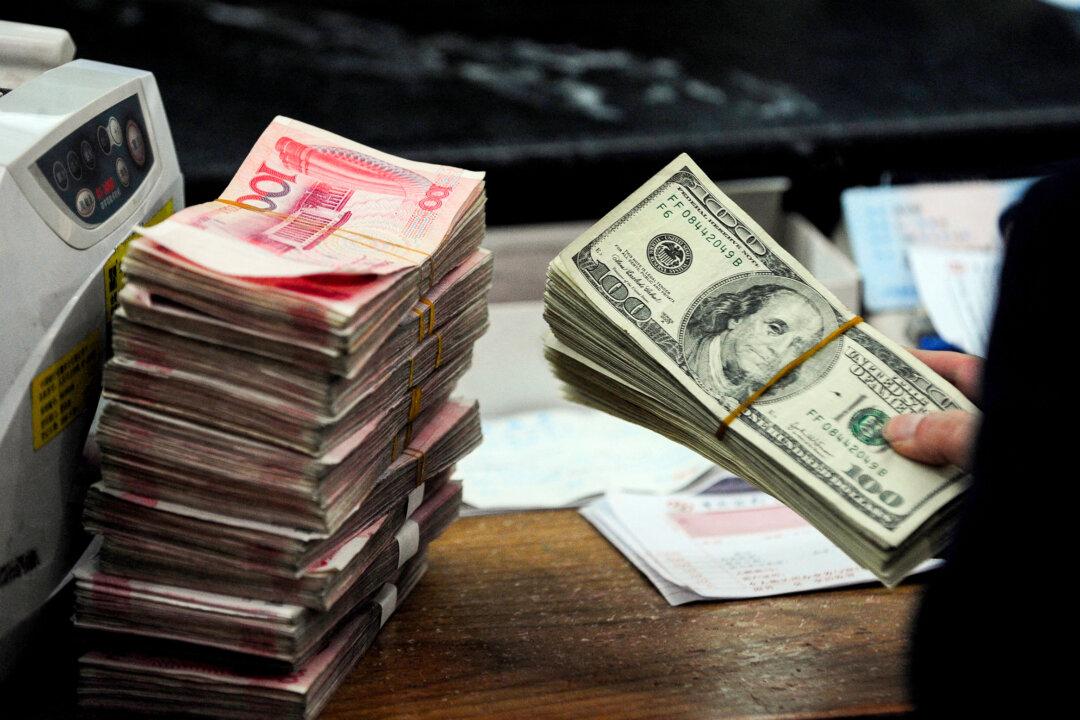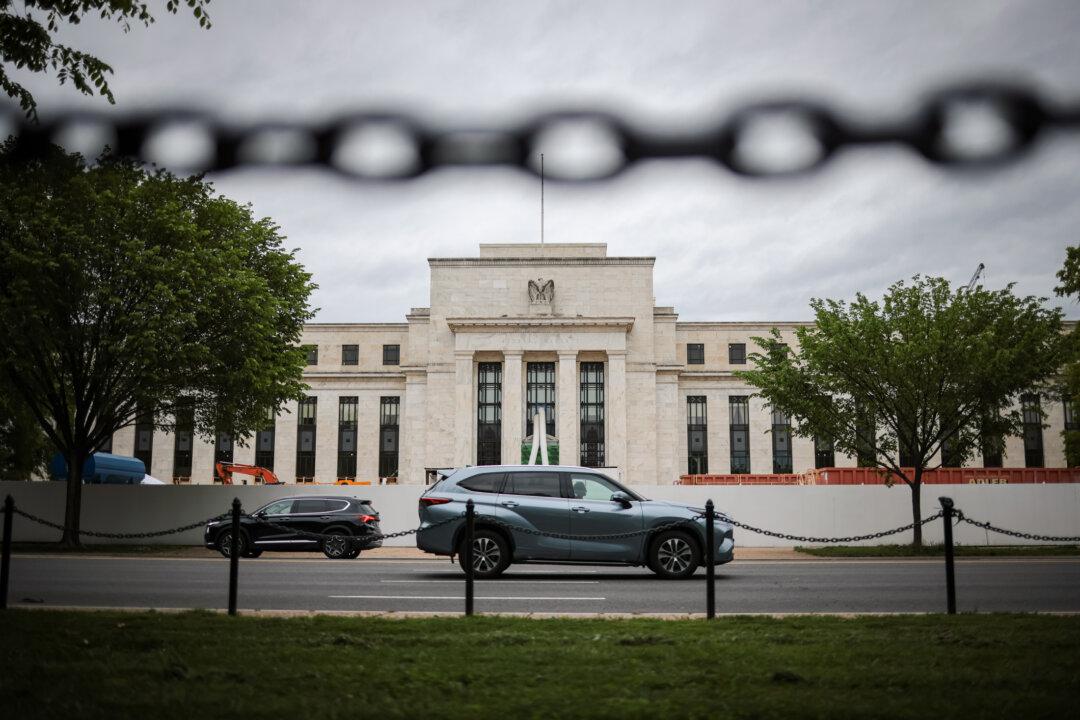Commentary
Last week, the Chinese currency (yuan) depreciated all of a sudden against the U.S. dollar, following a range of trading at a stable level for two months. There is, of course, a background reason for this, given that many central banks have shown a dovish stance after regular meetings over the past week or so. However, such an abrupt magnitude of depreciation should never be driven by the market but by the government: on paper, the fixing rate is decided by banks, but in effect, these submitted rates are under strict window guidance.





